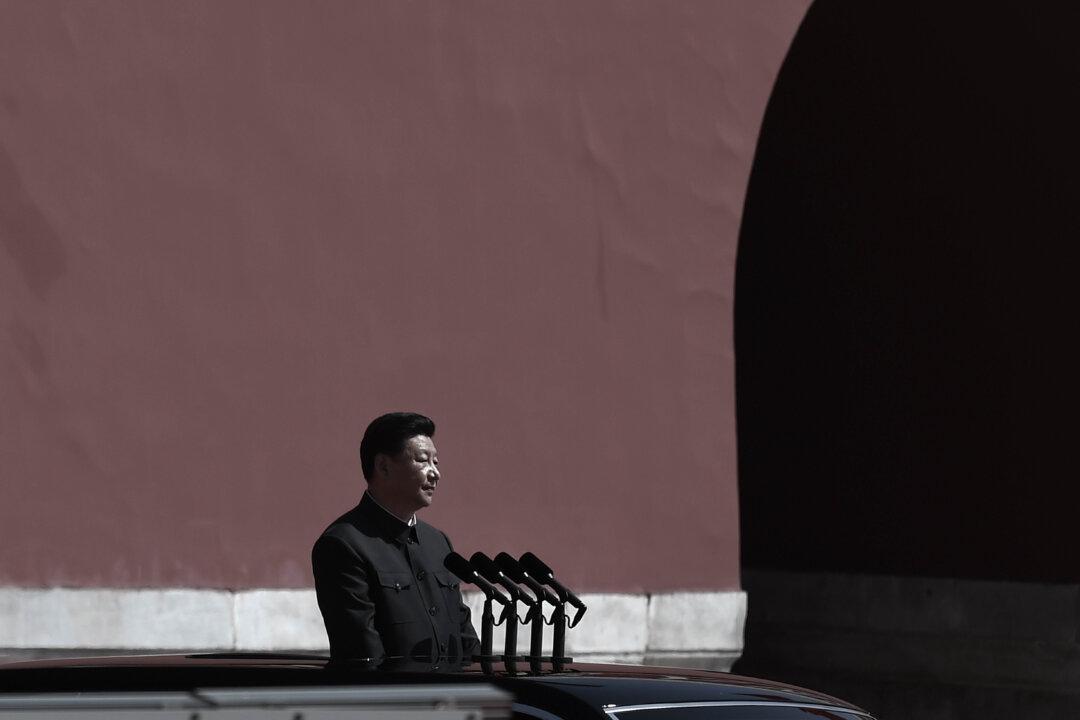Analysis
The Chinese Communist Party (CCP) recently announced that there will be no military parade for the CCP’s centennial celebration on July 1 this year, despite regime leader Xi Jinping having held five military parades since he took office.

The Chinese Communist Party (CCP) recently announced that there will be no military parade for the CCP’s centennial celebration on July 1 this year, despite regime leader Xi Jinping having held five military parades since he took office.